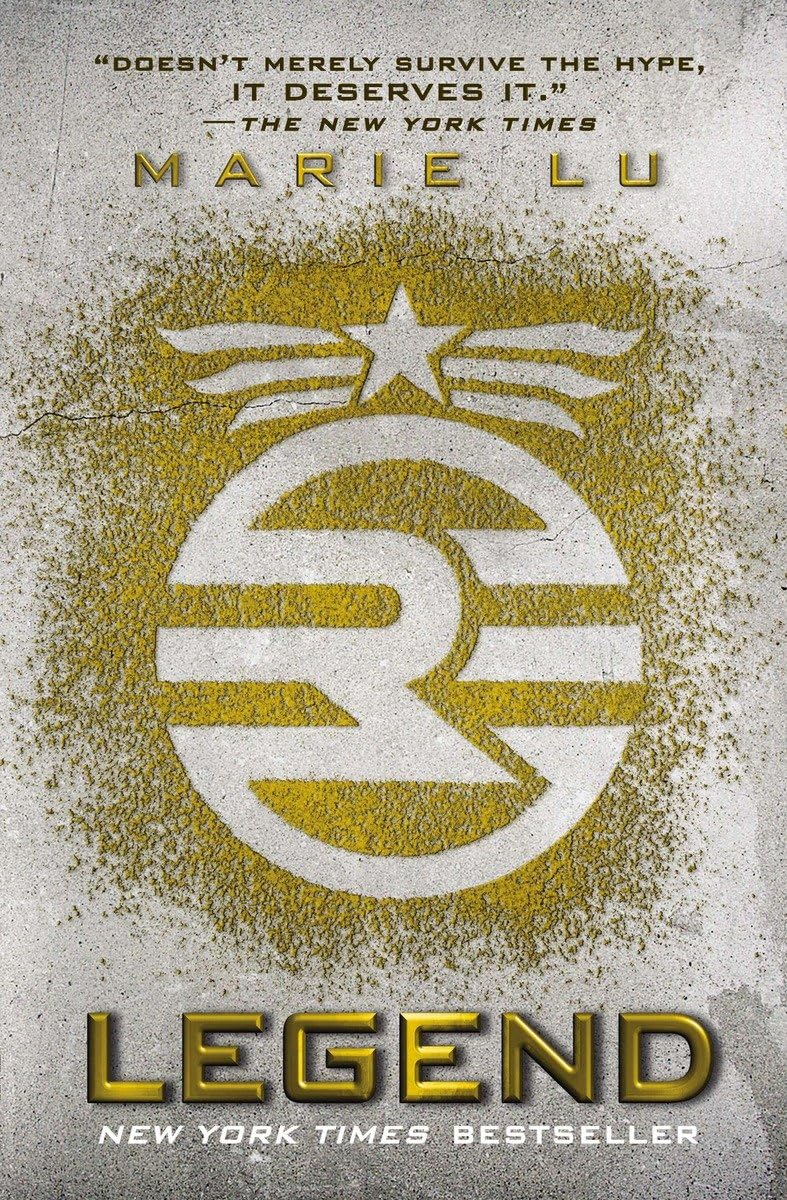If you have ever talked to me about books, and I mean ever, or even if you’ve just read my last blog post on the Well Read Book Blog (“Rereading To Kill a Kingdom by Alexandra Christo”) you definitely have heard me mention Margret Owen. Specifically, her Little Thieves duology (soon to be a trilogy as of April first, but let’s not get technical here). So this might come as no surprise but, I love Margret Owen’s novels.
Recently, I got to revisit Little Thieves for about the fifth time out of happenstance. And I know, I know; two blog posts in a row about rereading books? Yep. I’d say I’m sorry but I’m really not because somehow this book manages to get even better every single time I read it! But, enough about my obsession with this story.
Little Thieves is a young adult fantasy novel set in the Blessed Empire of Almandy, a fictional kingdom with a heavy influence from French and German fables and plagued with political corruption, undistributed amounts of mass wealth, and monsters of all shapes and sizes, all of them dangerous. The novel follows the story of a ghost, a princess, “Gisele-Berthhilde Ludwig von Falbrig, Margravine of Bóern, and former Prinzessin-Wahl of the Blessed Empire of Almandy,” and a handmaiden, Marthe Schmit, as they try to escape the maw of the guillotine, a ravenous fiancé, and the fate of a terrible curse… and who all happen to be the same person.
Vanja Schmit is many things. She is the goddaughter of Death and Fortune, the thirteenth daughter of a thirteenth daughter, and, all around, bad luck. However, what she is not is a ghost, a princess, and a handmaiden… not that that’s ever stopped her from trying.
Her job was simple, after all. Well, as simple as breaking into the vaults of the nobles of Bóern, leaving behind her calling card, and escaping into the night while still maintaining her appearance of the three things she is not, is. Which actually turns out to be a hell of a lot of work. Who would have thought. But that didn’t matter. Because if there was anything in the world Vanja was, it was a great liar.
Afterall, she only needed to go on two more heists before she could escape forever. Away from Bóern. Away from her godmothers. Away from Marthe, from “Gisele-Berthhilde Ludwig von Falbrig, Margravine of Bóern, former Prinzessin-Wahl of the Blessed Empire of Almandy,” from the ghost. So she could be whoever she wanted to be, whatever that was. So she could finally be free. So she could buy a little farm in the middle of nowhere where no one knew who she was. Maybe she’d buy a horse. Maybe five.
And so, Vanja lied.
Until she couldn’t anymore.
Until a “Junior Prefect” found out a little too much about Marthe. Until the princess’ warmongering fiancé returned to marry his betrothed. Until the ghost accidentally angered a low god who cast upon Vanja a dreadful spell.
As a price for her greed, Vanja was to be reduced to pearls and rubies, to embody her greed inside and out. By the end of the fortnight, she would know the price of being wanted. And then she would die, a painful, dreadful, and sparkly death. That is, unless she could find a way to reverse it… by making up for what she stole.
Whatever the hell that meant.
If it isn’t already apparent, I love this novel. Little Thieves is probably one of my favorite books, like, ever— end of story. I highly, highly, highly recommend this book to anyone who enjoys fantasy, to anyone who likes sarcastic humor, to, really, anyone who just wants to try reading something new. I’ve read this book like five times through at this point and believe me when I say, I’d read it all over again. There is just so much to unpack with this novel that makes it a joy to read every time. But that’s enough from me. Thank you for reading my first post on this blog, I hope you enjoyed it, and, until next time!
-Abigail Makela

